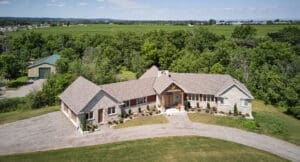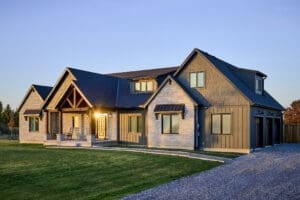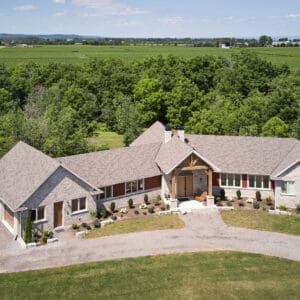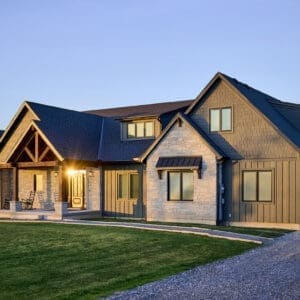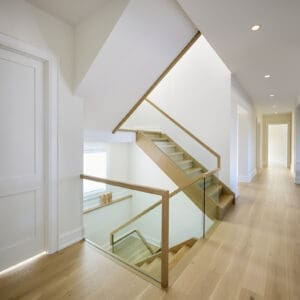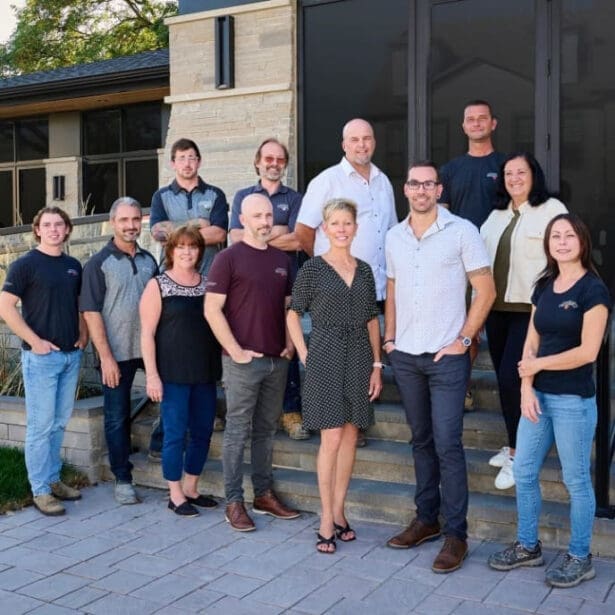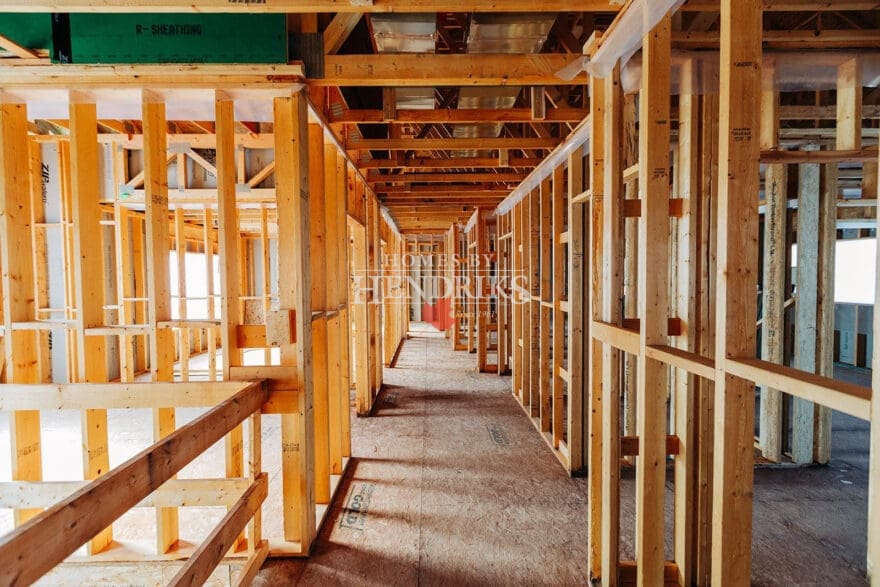
Embarking on the journey of building a custom home involves more than just designing your dream space. It’s about understanding the financial landscape and preparing a comprehensive budget that accounts for all potential costs. From land acquisition to final touches, each phase of the project requires careful financial planning. Let’s break down the key expenses involved in building a custom home and how you can effectively manage your budget.
Initial Costs – Land Acquisition
The first major expense in building a custom home is purchasing the land. The cost of land can vary significantly based on location, size, and other factors such as accessibility and proximity to amenities. It’s crucial to conduct thorough research and possibly work with a real estate agent who specializes in land sales to find a suitable plot within your budget.
Initial Costs – Design and Planning
Once you have your land, the next step is to work with an architect or designer to create your home’s blueprint. Design fees can vary widely depending on the complexity of the project and the experience of the architect. It’s wise to obtain quotes from several architects and ensure their design style aligns with your vision.
Initial Costs – Permits and Approvals
Before construction begins, you’ll need to secure the necessary permits and approvals from local authorities. This process can be time-consuming and may involve fees for zoning, building, and environmental impact assessments. Your builder or architect can often assist with this process, but it’s important to include these costs in your budget.
Construction Costs – Site Preparation
Preparing the site for construction involves clearing the land, grading, and laying the foundation. These tasks are essential for creating a stable base for your home and can vary in cost depending on the condition of the land and the complexity of the work required.
Construction Costs – Building Materials
The choice of building materials significantly impacts the overall cost of your custom home. High-quality materials can be more expensive but often offer better durability and aesthetics. It’s essential to strike a balance between quality and budget, selecting materials that meet your standards without overspending.
Construction Costs – Labor
Labor costs constitute a significant portion of the construction budget. Hiring skilled professionals, such as builders, electricians, plumbers, and carpenters, is crucial for ensuring the quality of your home. Be sure to get detailed quotes from multiple contractors and understand what is included in their pricing.
Construction Costs – Utility Connections
Connecting your home to essential utilities such as water, electricity, gas, and sewage can incur additional costs. These expenses depend on the distance from existing utility lines and the complexity of the installation process.
Construction Costs – Interior Finishes
The cost of interior finishes, including flooring, cabinetry, countertops, and fixtures, can vary widely based on your choices. It’s important to prioritize essential features and allocate your budget accordingly. Working with an interior designer can help you make cost-effective decisions without compromising on style.
Conclusion
Budgeting for a custom home build involves careful planning and a thorough understanding of the various costs involved. By breaking down expenses into categories such as land acquisition, construction, interior finishes, and landscaping, you can create a comprehensive financial plan. Setting aside a contingency fund and exploring financing options are also key steps in ensuring your project remains on track financially. With proper budgeting and financial management, you can bring your dream home to life without unnecessary stress or financial strain.
